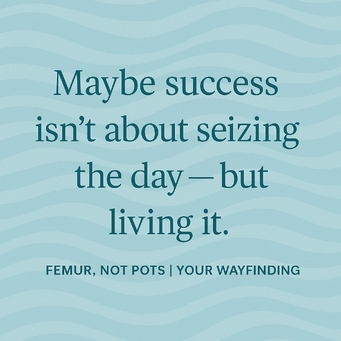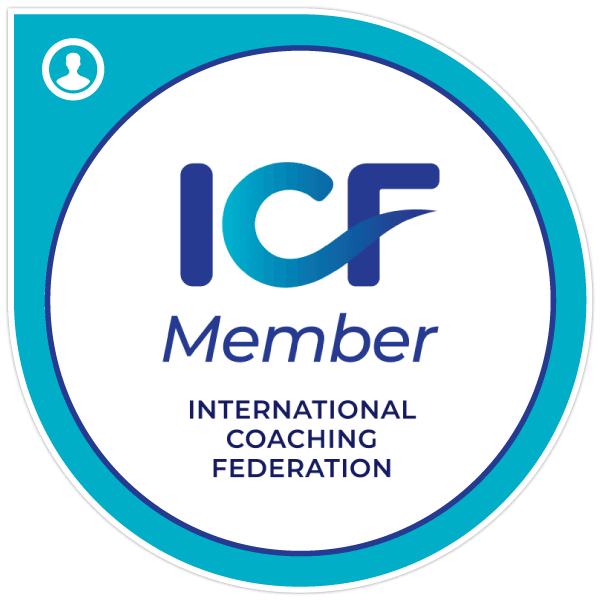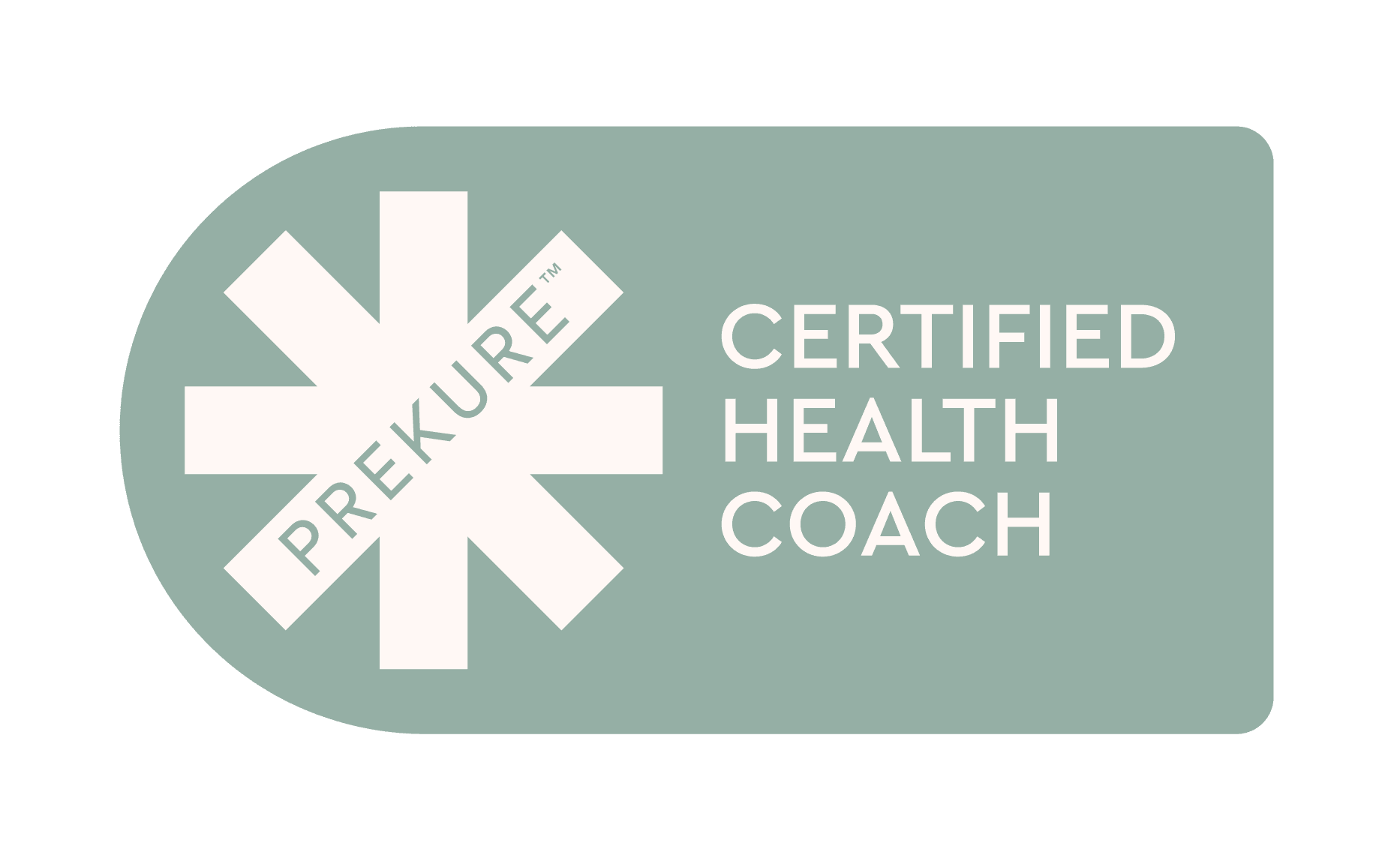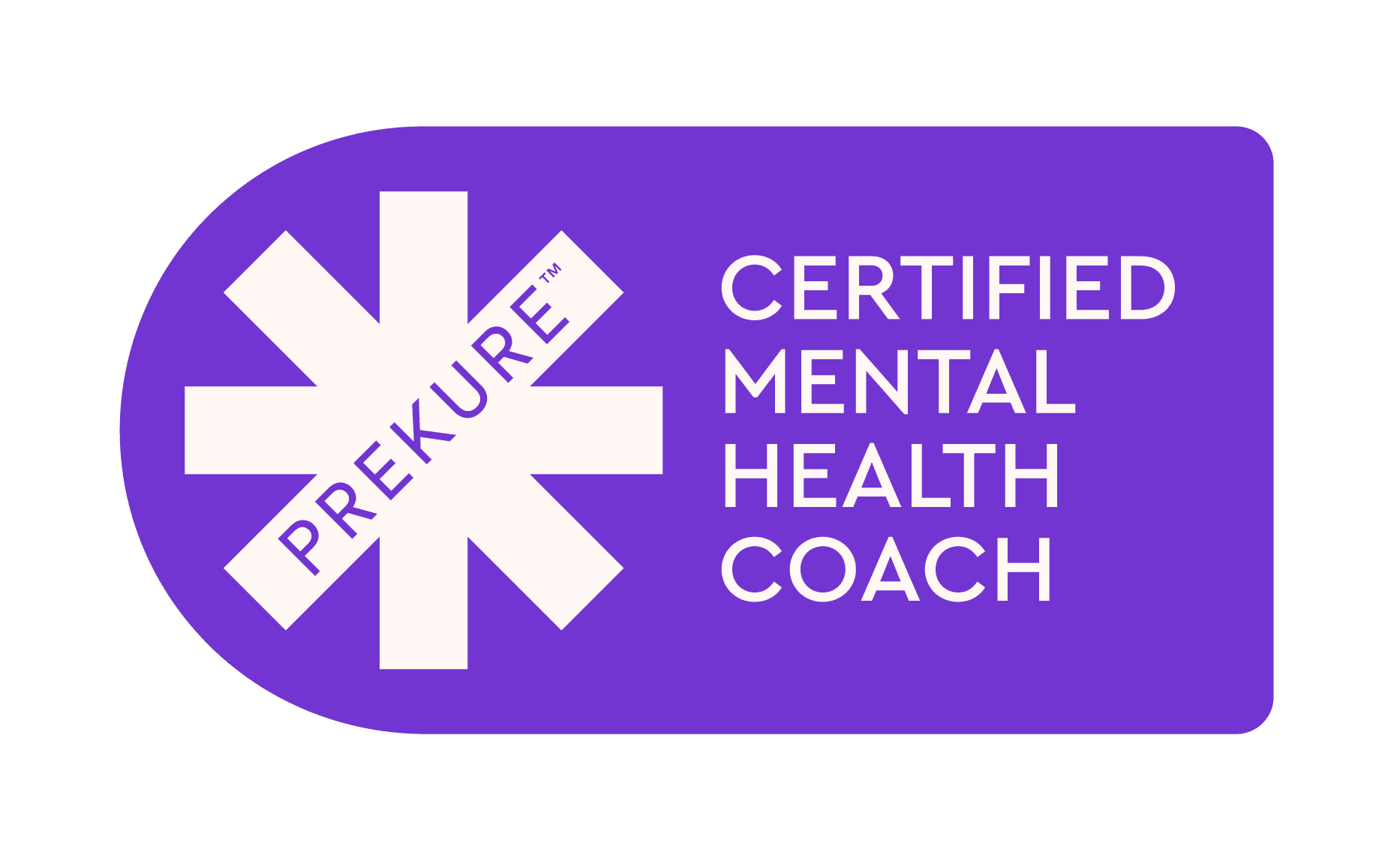Are we measuring success in ways that mean we’ll never feel as though we’re enough?
“I’m not enough”
It’s something I hear often when people start naming the radio chatter that runs through their minds. I wonder how many of us are walking around tuned into that frequency, and whether our culture has slowly been shaped to keep us there.
The Myth of Enough
A few years ago, I listened to a podcast interview with one of my childhood heroes, Jonny Wilkinson. (Apologies to the Kiwis – I grew up a Newcastle Falcons fan and followed Jonny from his first run-out.) I had always seen him as the embodiment of hard work, grit, and quiet determination. Someone who gave everything and got everything: a World Cup, global respect, a career to envy.
I assumed, perhaps naively, that he must have felt immense satisfaction at his success. What he shared, shocked me. He spoke of needing to be perfect, of fear of failure, of constantly striving, adding line after line to his CV, hoping that one day he could present it at the pearly gates and say, “Is it enough now? Can I be happy?”. Even the drop goal that won England the World Cup brought only a few fleeting minutes of joy before the old doubts crept back in.
And I thought, Jonny, I see you.
To the outside world, I probably looked like I was ticking all the boxes too. A top university. A global law firm. Senior roles in a global bank and consultancy firm. A loving marriage. I flogged myself, holding onto the idea that, with tenacity, I would reach the next step on the ladder, and then I would be happy.
A roommate, back when I was a young lawyer, once observed that I was always trying to finish my to-do list. He found this very amusing, since it was clearly an unachievable goal! But it was my need to be perfect, driven by a fear of failure. It's the age-old belief of just slogging it out to keep you safe.
Then came my children, and the striving and juggle kicked up a level. Like Jonny, I held on to the idea that if I just kept pushing, then I would get there. The feeling of being enough, being confident, being settled, would come. But instead, I became more stretched in all domains: trying to be brilliant at work, present and available as a parent, generous as a friend and partner.
I’m not sure where the “Caro domain” went, but it certainly wasn’t a priority. And even by sacrificing my own needs, I didn’t feel like I was ever doing enough, in any area of my life.
Chasing the Wrong Benchmarks
The more I’ve sat with this, the more I’ve come to believe that the problem isn’t with us. It’s with the benchmarks. Somewhere along the way, we learned to measure success by external benchmarks society sets: education, employer, job title, house, beauty, wealth, fame. And if those are the only markers on the success gauge, there will always be someone with more: someone richer, a better job title, a bigger house, prettier, more intelligent. If that’s the game, then we will spend a lifetime never feeling like we’re enough.
What a heart-stopping thought.
And here’s the kicker: the pace of the game has changed too. We’re now bombarded with more information in a single day than a 15th century person might have received in an entire year, and our brains have not evolved much in that time. We’re not just measuring ourselves against impossible standards, we’re doing it on fast-forward, in an always-on, hyper-comparative world.
Shifting the Benchmarks
There’s a story often shared about Margaret Mead, the anthropologist. She was once asked what she considered to be the earliest sign of civilisation. The student expected talk of tools or pottery shards. But Mead pointed to a healed femur.
For our nomadic ancestors, a broken femur should have been life-ending; it takes weeks of rest and recovery to heal. So, for there to be signs of a healed femur, it meant the tribe, or someone in the tribe, stopped and cared for the injured person: hunting for them, staying with them, and protecting them. Mead concluded that, “Helping someone else through difficulty is where civilisation starts.”
Maybe that’s where the measures of success should start too. Not in what we have, the pots, tools and material signs of wealth, but in kindness, compassion and connection. These attributes are often dismissed as weaknesses, but what if they are, in fact, the most essential markers of civilisation and a life well-lived?
Let the Day Be Enough
There’s a poem my dad used to talk to me about - If by Rudyard Kipling (see below if you would like to read it). It hung in our loo growing up and was read at my wedding. Kipling was truly onto something. The marker of maturity and success isn’t about what you own or achieve but about how you show up in the world: “If you can meet with Triumph and Disaster and treat those two impostors just the same”.
That said, one line has me pausing for thought: “If you can fill the unforgiving minute with sixty seconds’ worth of distance run”. It echoes the mantra Carpe Diem (Seize the Day). And while there’s power in that, I wonder whether in the context of modern-day societal benchmarks, it sets us up to never feel enough.
Maybe Vive Diem (Live the Day) offers something different. Less about pushing harder, more about letting the day be enough, and yourself, too.
So… what’s the radio chatter playing in your mind? What are the measures of success you’re working towards? Are they still serving you? When was the last time you truly felt like you were enough?
These aren’t easy questions, but they are important ones. Often, we’re so busy keeping up, pushing on, or proving ourselves that we don’t stop to notice the stories running the show, or where they came from in the first place.
It helps to get curious about them. That’s part of the work I do with clients: slowing down enough to ask what’s driving the pressure, what really matters underneath it all, and what might shift if the measures of “enough” started to change.
The stories we tell ourselves can shape everything. You don’t have to untangle them alone.
Humans need humans.
If you’d like support to make sense of your own stories, I’d love to hear from you.
Caro
If this piece got you thinking about how societal expectations shape our sense of worth, you might be curious about what happens when the rules of the game change entirely leaving some wondering what their position is in the new game.
That’s what I explore in my next post: When the Game Changes Mid-Play.
If
Rudyard Kipling
If you can keep your head when all about you
Are losing theirs and blaming it on you,
If you can trust yourself when all men doubt you,
But make allowance for their doubting too;
If you can wait and not be tired by waiting,
Or being lied about, don’t deal in lies,
Or being hated, don’t give way to hating,
And yet don’t look too good, nor talk too wise:
If you can dream—and not make dreams your master;
If you can think—and not make thoughts your aim;
If you can meet with Triumph and Disaster
And treat those two impostors just the same;
If you can bear to hear the truth you’ve spoken
Twisted by knaves to make a trap for fools,
Or watch the things you gave your life to, broken,
And stoop and build ’em up with worn-out tools:
If you can make one heap of all your winnings
And risk it on one turn of pitch-and-toss,
And lose, and start again at your beginnings
And never breathe a word about your loss;
If you can force your heart and nerve and sinew
To serve your turn long after they are gone,
And so hold on when there is nothing in you
Except the Will which says to them: ‘Hold on!’
If you can talk with crowds and keep your virtue,
Or walk with Kings—nor lose the common touch,
If neither foes nor loving friends can hurt you,
If all men count with you, but none too much;
If you can fill the unforgiving minute
With sixty seconds’ worth of distance run,
Yours is the Earth and everything that’s in it,
And—which is more—you’ll be a Man, my son!






